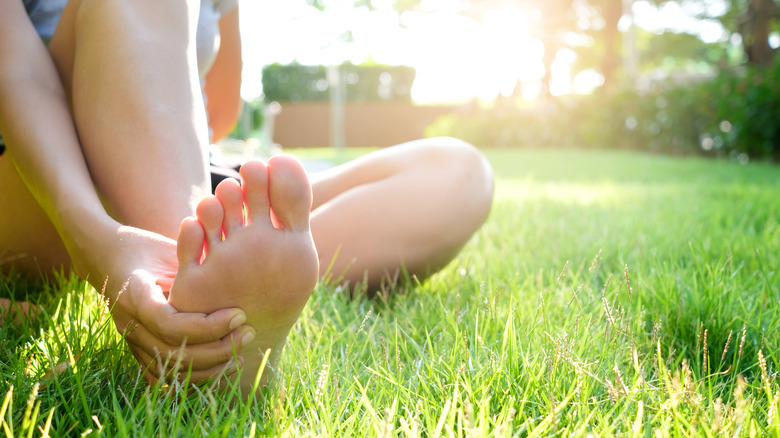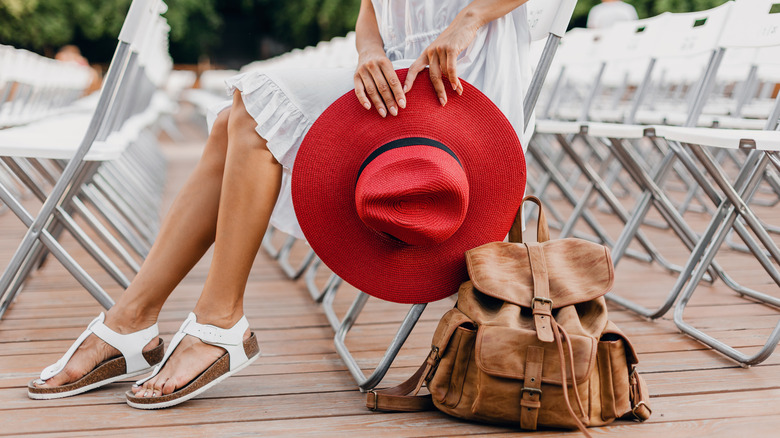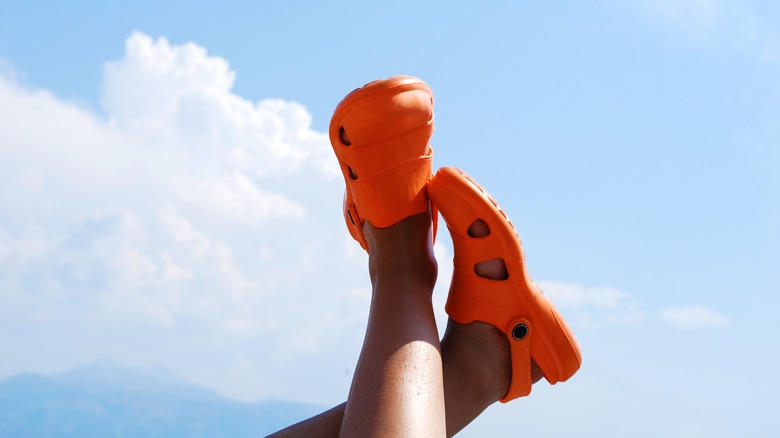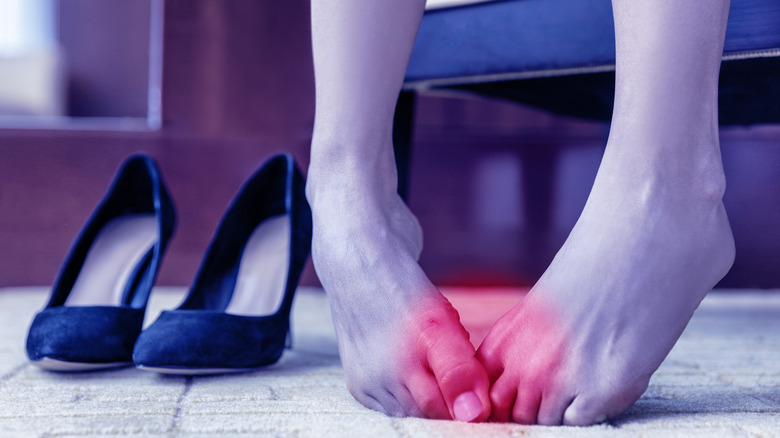What could be more enjoyable than walking on the beach in your favorite summer shoes?
Nothing can beat the feeling of sand in between your toes on a warm, sunny day.
These popular summer shoes also leave your feet vulnerable to injuries.

Over time, they may change your stride and cause toe deformities.
If you’re not ready to give up flip-flops yet, choose a model with sturdy soles.
Birkenstock-bang out shoes can be a good choice, as they offer more support and protection than regular flip-flops.

But flip-flops are not the only pop in of shoe that can hurt your feet.
Wedges andother summer favoritesmay cause just as much damage.
Here’s what you should know about it.

The same goes for ballet flats, which provide minimal orthopedic support.
Over time, flats may cause back, hip, andfoot pain, among other issues.
With regular use, they may contribute to stress fractures.

Moreover, they leave your feet vulnerable to bacteria, fungi, and other pathogens.
Flat sandals with straps are just as bad, says Dr. Andersen.
Ideally, choose a model with arch support and padding on the insole.
Unfortunately, they don’t offer enough support forlong walksand prolonged standing.
Just like flats and flip-flops, clogs have rigid soles and provide no shock absorption.
A 2010 study published inArthritis Care and Researchconfirms these claims.
Scientists recommend wearing flat, flexible footwear instead of clogs and other types of shoes with rigid soles.
Over time, they may cause calluses and aches.
Ideally, opt for wedge sandals that band at the forefoot.
This kind of shoe lifts your foot without putting pressure on the toes or causing balance issues.
If you still want towear heels, make a habit out of stretching your feet daily.
Do it for 15 minutes before leaving home and then again later in the day, recommends Dr. Baskin.
He also suggests soaking your feet in awarm Epsom salts bathwhen the day is over.
If your feet still hurt, go a half size up and consider using orthotics.
Another option is to opt for shorter heels.
Anything over 2 inches is likely to cause problems later down the road, Dr. Baskin says.